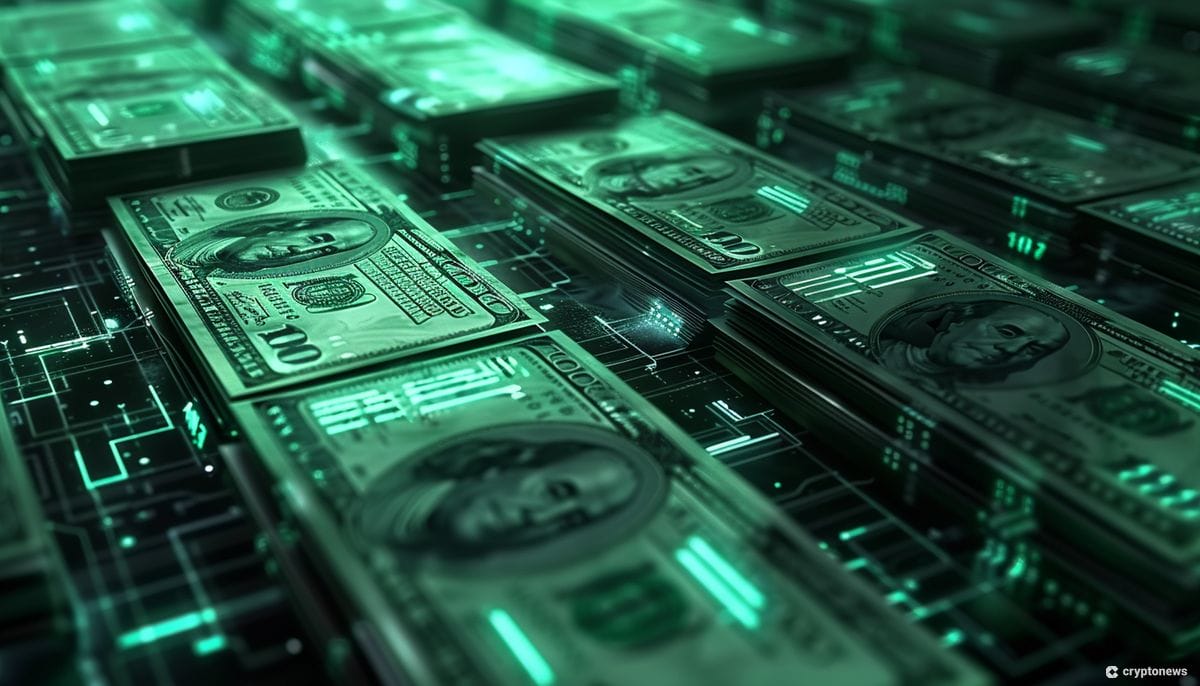The U.S. Federal Reserve Chair Jerome Powell has made it clear to the Senate Banking Committee that the Fed has no imminent plans to launch a central bank digital currency (CBDC).
During the hearing, Powell elaborated on the Fed’s current stance on CBDCs, emphasizing that while the concept is under study, the implementation of a digital dollar is not on the horizon.
“The last thing we would want — we, the Federal Reserve, would want — would be to have individual accounts for all Americans, or any Americans for that matter,” stated Powell.
“Only banks have accounts at the Fed and that’s the way we’re going to keep it,” said Powell. “People don’t need to worry about a central bank digital currency. Nothing like that is remotely close to happening anytime soon.”
Powell informed the committee that if the Fed were to explore a digital dollar, it would work with banks to manage accounts, strictly avoiding any form of direct government monitoring of individual transactions.
“We would never entertain the idea of having government accounts that allow us to see all your transactions. That’s simply not something we would support, do, or even propose in the United States,” claimed Powell.
GOP Senators Oppose CBDCs
The privacy of the U.S. citizens has been the primary concern of the lawmakers who have attempted to prevent the issuance of the digital dollar.
In February, Republican Senators introduced a bill intended to ban Fed-backed CBDCs. Sen. Ted Cruz (R-TX) shared his concerns over the “programmable money.”
Cruz, GOP senators double down on anti-central bank digital currency legislation.https://t.co/IPUgLoIXHz
— Ted Cruz (@tedcruz) February 27, 2024
“Programmable money that, if not designed to emulate cash, could give the federal government … significant transaction-level data down to the individual user,” stated Cruz.
Fed Hints Cautious Approach Towards Rate Cuts
Regarding the most anticipated rate cuts, Powell indicated that the central bank is nearing the assurance required to begin reducing interest rates.
“We’re waiting to become more confident that inflation is moving sustainably at 2%,” said Powell. “When we do get that confidence — and we’re not far from it — it’ll be appropriate to begin to dial back the level of restriction.”
